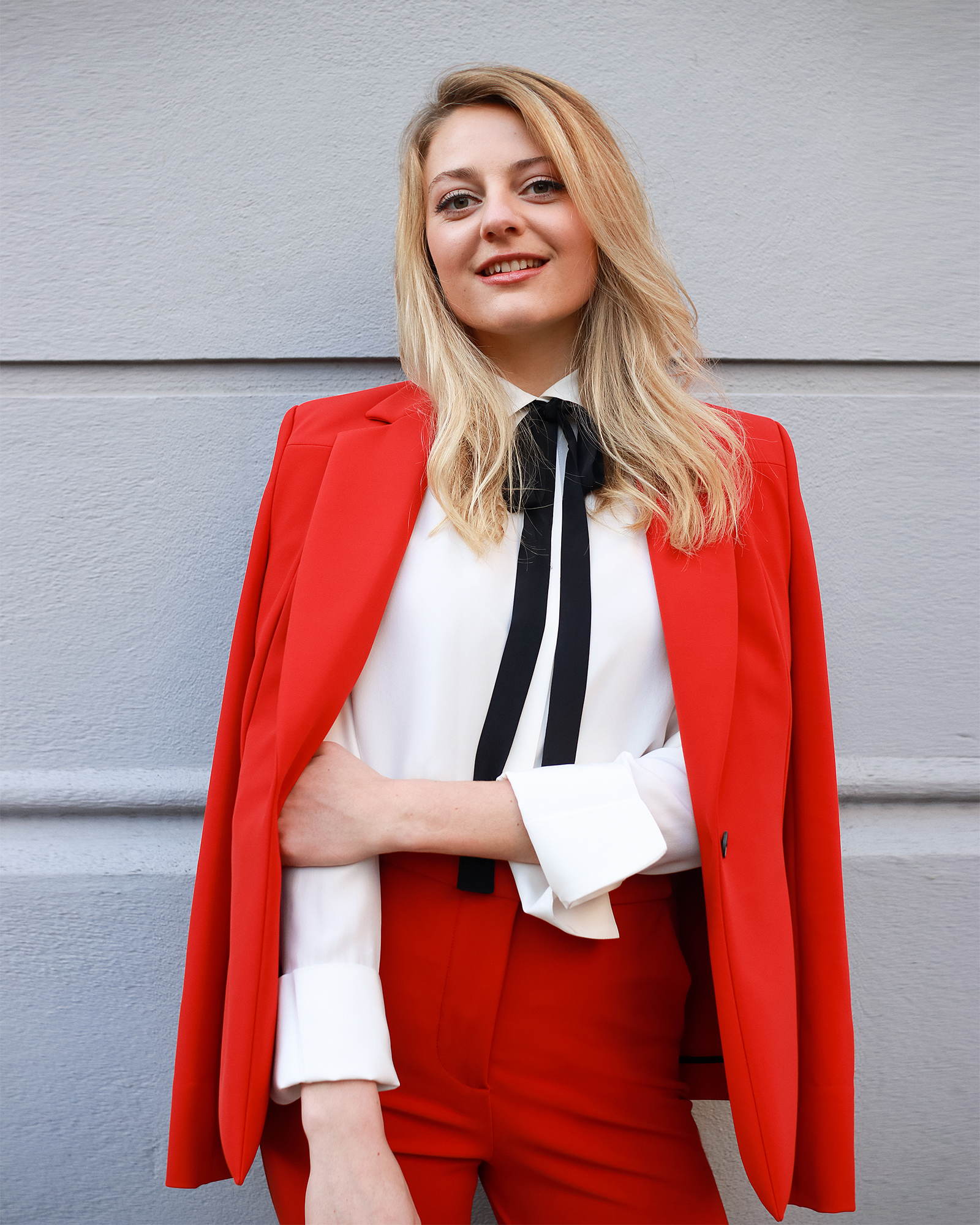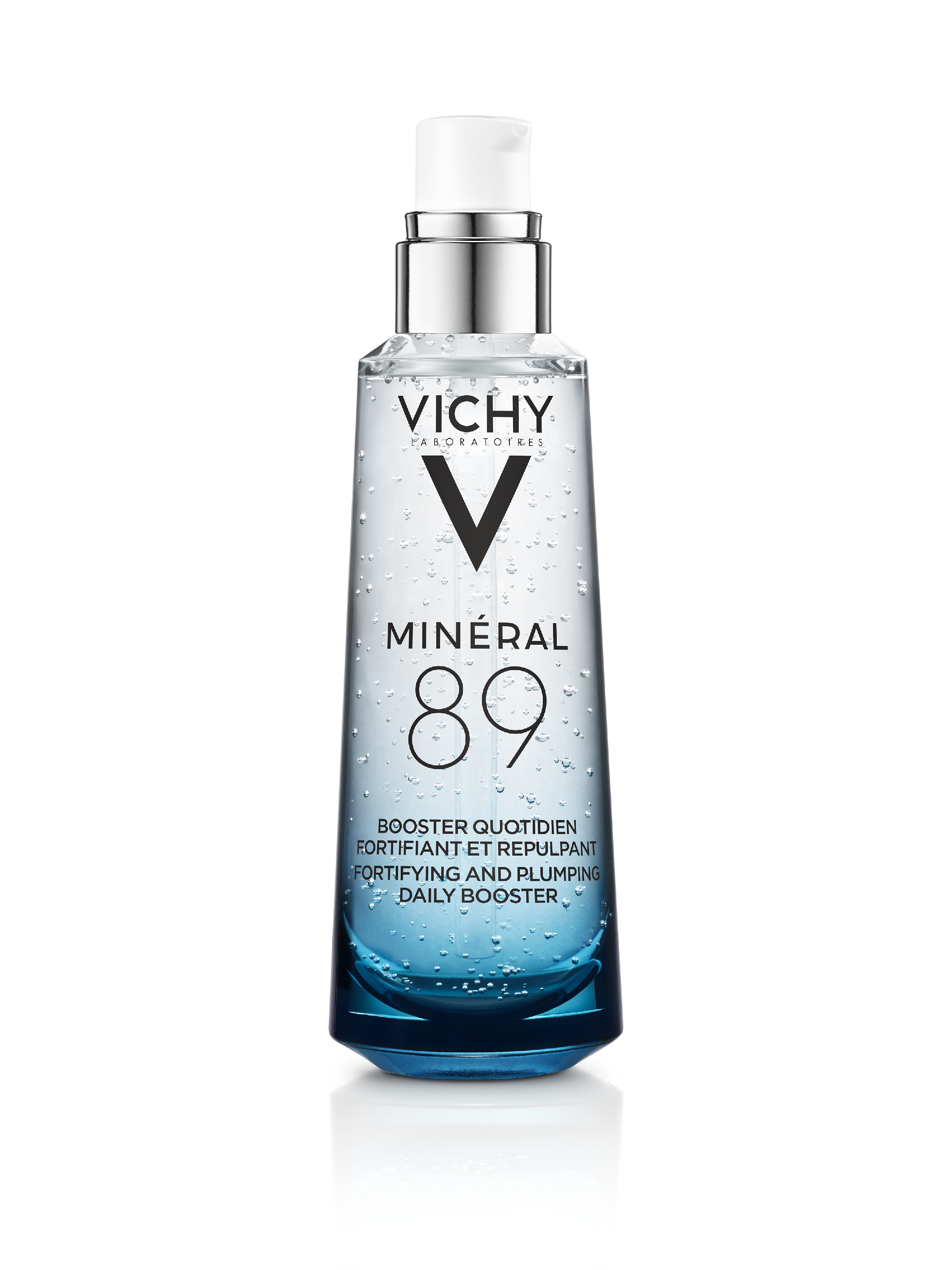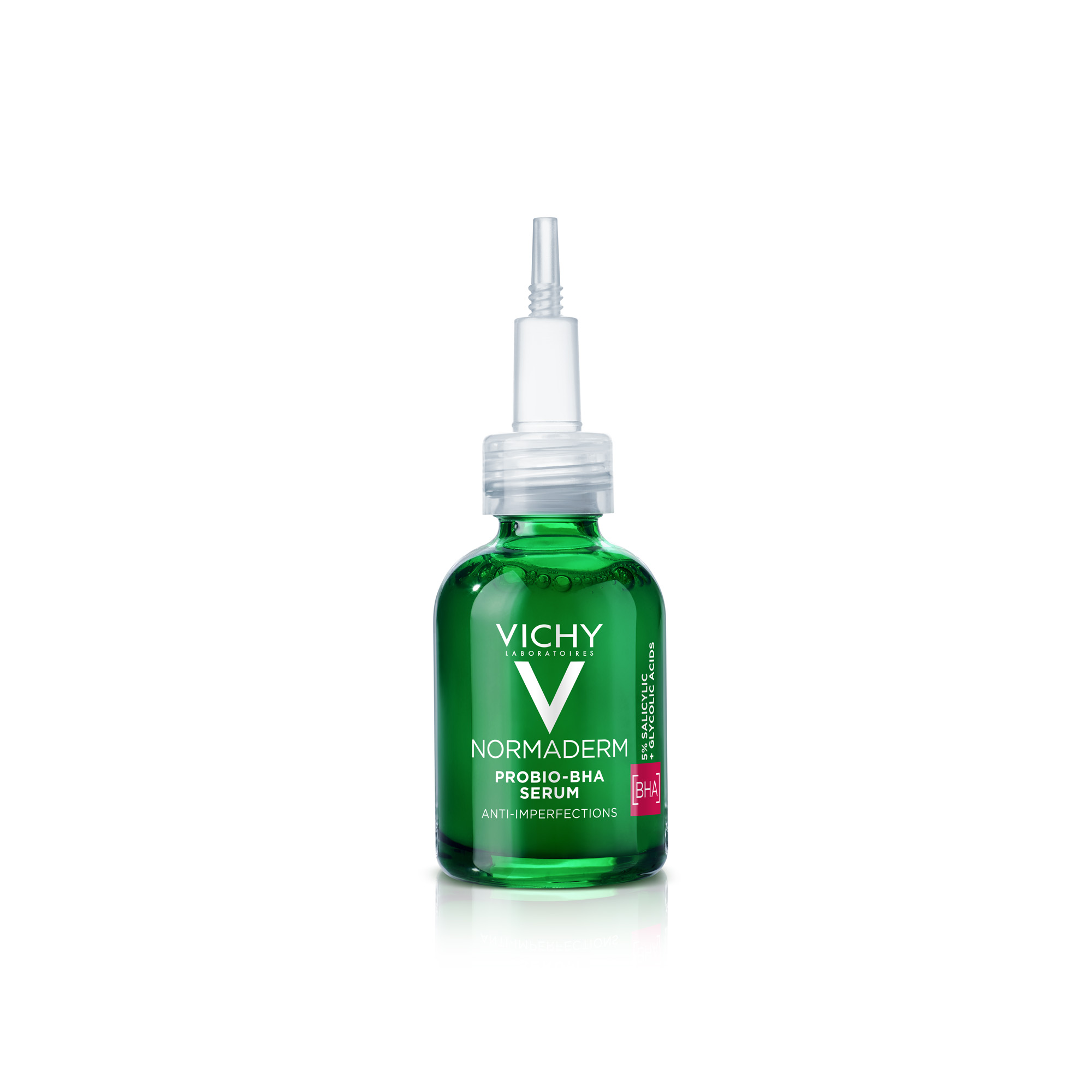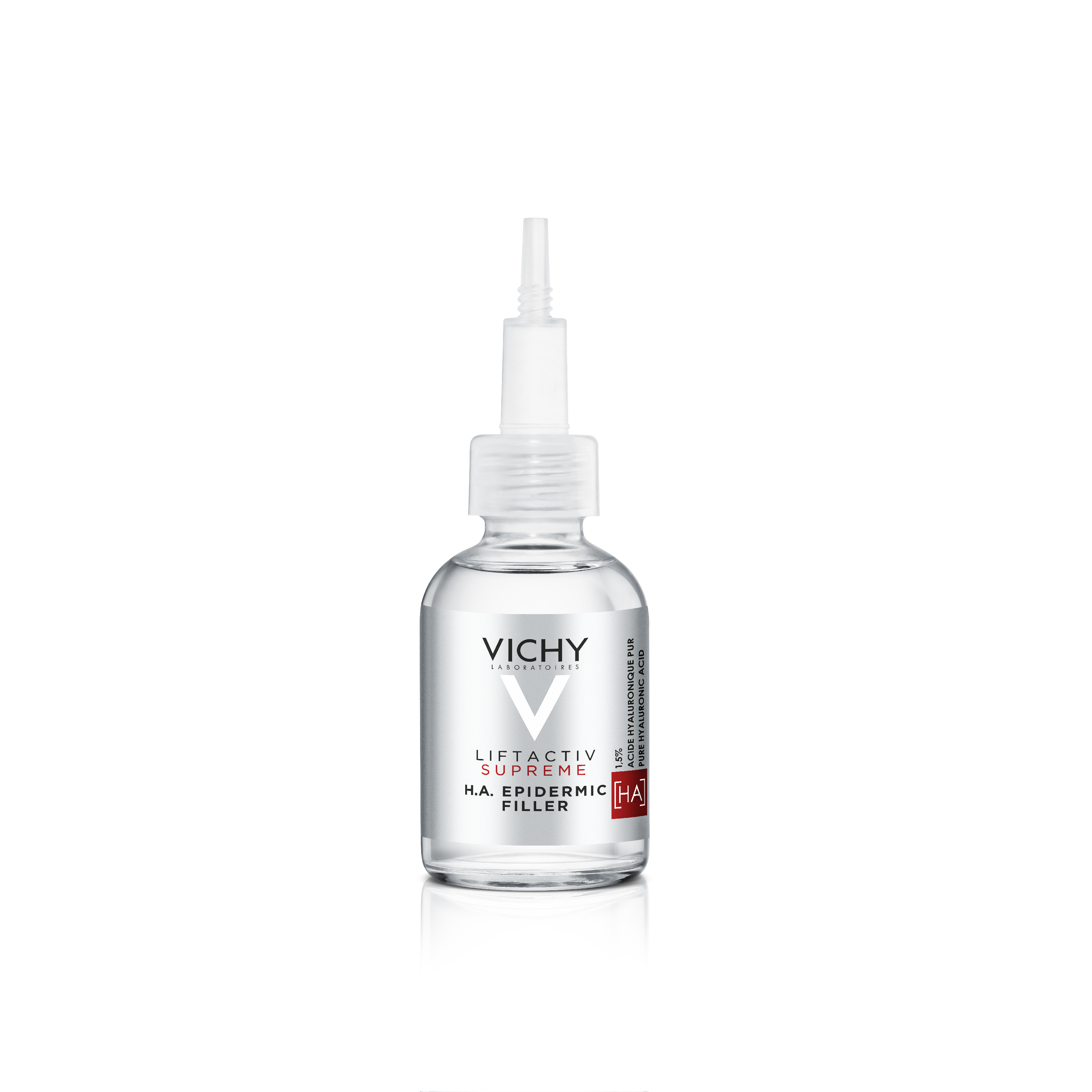4 menopausal skincare problems and how to fix them
In partnership with Vichy
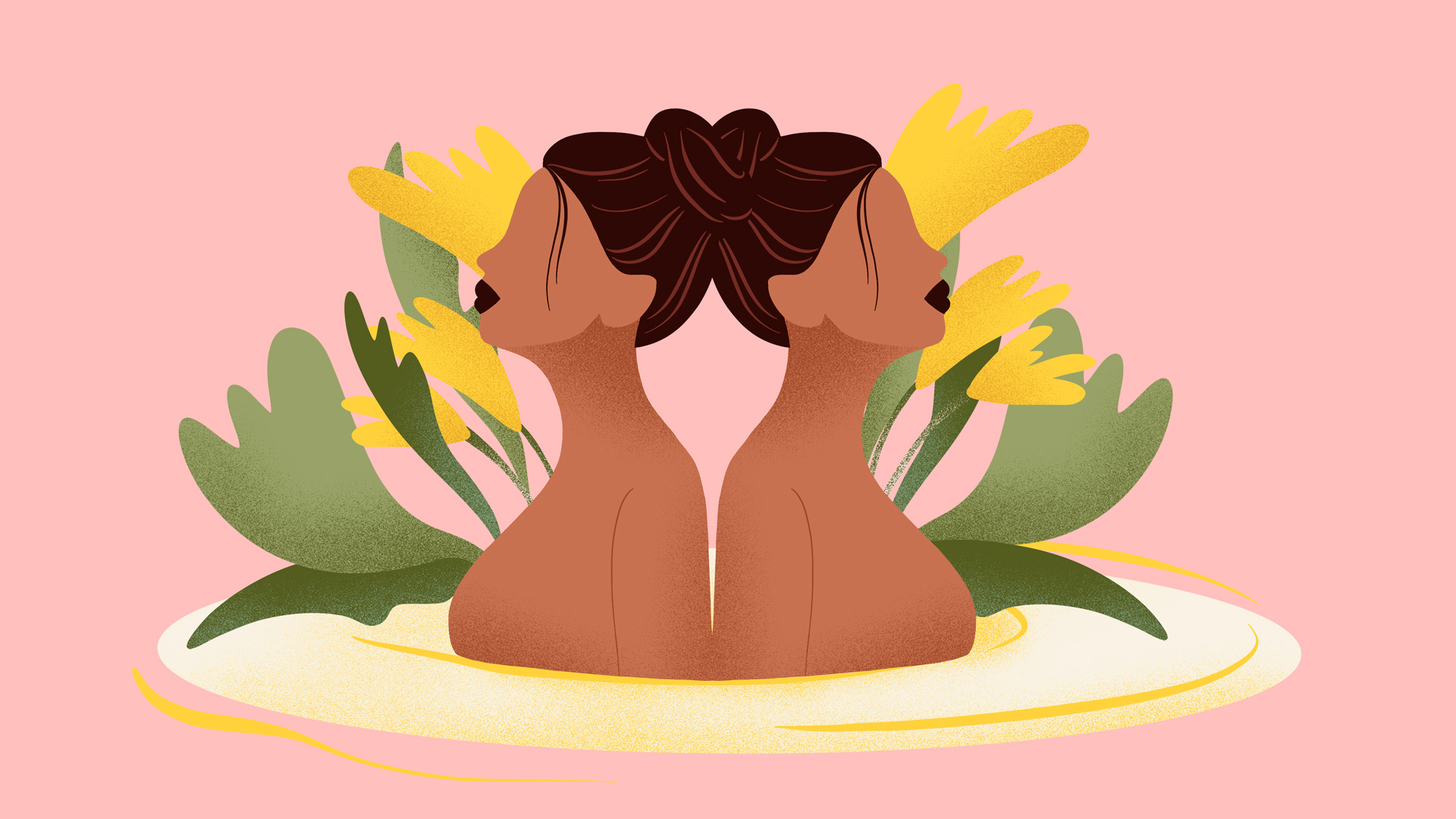
Hot flushes, memory loss, anxiety… us women certainly don’t have it easy when it comes to the menopause. And while not everyone will experience the whole trolly-load of menopause symptoms – some lucky few will escape with just a couple – skincare problems (at any age) can make you feel seriously rubbish.
Triggered by changes in our hormones, the sudden drop in oestrogen explains why women aged 45-55 rush out to spend more money than any other group on anti-wrinkle products – even women who’ve had perfectly fine skin up until the perimenopause can find themselves with dry, sensitive, menopausal skincare problems.
So, what actually happens to the skin through menopause?
Studies show that women’s skin loses about 30 per cent of its collagen during the first five years of menopause. “During menopause our skin can become dryer,” explains Vichy consultant dermatologist Dr Mary Sommerlad. “This is because of the changes in our hormones. Our oestrogen descreases and we gradually lose collagen, which gives the skin strength and elasticity. Skin can become thinner, dryer, and fine lines can appear more prominent.”
Some women experience breakouts and adult acne (due to increased oil gland activity from testosterone), while others suffer from increased redness and unwanted facial hair growth. So should you consider changing your skincare regime? In one word, yes. “Your skincare needs will change as you go through the perimenopause and the menopause, so what would have worked for you in your 20s and 30s maybe too light and not hydrating enough,” she says. “Your skin may require more in terms of richness and moisturisers. And you may find that some of the ingredients you used in the past now cause irritation and exacerbate the sensitivity.”
Here, Dr Sommerlad reveals the most common menopausal skincare problems – and how to switch up your skincare routine for each.
4 common menopausal skincare problems
1. Dryness
Thanks to those decreasing oestrogen levels, women tend to experience dry, dehydrated skin. “Combating dryness,” says Dr Sommerlad, “is really a two-point approach”.
“First, you want to hydrate the skin with products like hyaluronic acid,” she says. “Vichy Minéral 89 is a great example because it helps draw more moisture in, rehydrate and soften the skin. And you want to use ingredients that are soothing but also plump the skin. Look for formulations over single-base ingredients.”
2. Adult acne
The imbalance of hormones during menopause means more testosterone circulates in your body than oestrogen – this can lead to thick sebum and create the appearance of oily skin and acne. “Adult acne should be considered a chronic skin condition,” says Dr Sommerlad. “Many women are told they will grow out of their acne, but for some, it’s a chronic disease – so it’s about managing it rather than curing it.”
To reduce breakouts, Dr Sommerlad recommends exfoliating the skin and using products that contain salicylic acid. “I would recommend liquid exfoliators rather than scrubs,” she adds. “Acne-prone skin can often be sensitive and tender, so look for ingredients like micellar water, which is soothing for the skin.”
She also recommends using a retinoid in the evening. “There are many retinoids out there that can help sensitive skin, dry skin, as well as oily skin,” she says. “But you may require stronger prescription drugs that can be prescribed by your Doctor or dermatologist”.
3. Increased skin sensitivity
During menopause, your skin can become more sensitive to temperature, and the lack of oestrogen can also cause itchiness and sensitivity – “increased sensitivity in the skin is extremely common,” says Dr Sommerlad.
The best thing to do if your skin feels more sensitive? Strip back your skincare routine – “so you’re not using anything more than you need to,” she says.
When it comes to products for sensitive skin, Dr Sommerlad recommends opting for “cream-based cleansers and products that aren't too dry. Avoid beads or scrubs, and use fragrant-free products. Choose PHA (Polyhydroxy acid) liquid exfoliators, rather than Alpha Hydroxy acid (AHA) – as this can be too irritating if your skin is particularly sensitive, whereas the PHA are a lot more gentle.”
Hyaluronic acid is also at the top of her list. “You don’t want moisturisers to be too heavy, and irritate sensitive skin. But you also don’t want them to be too light, because sometimes, this can dry the skin out,” she adds. “You can still try things like retinoids – just look for formulas made with sensitive skin in mind and opt for a lower concentration.”
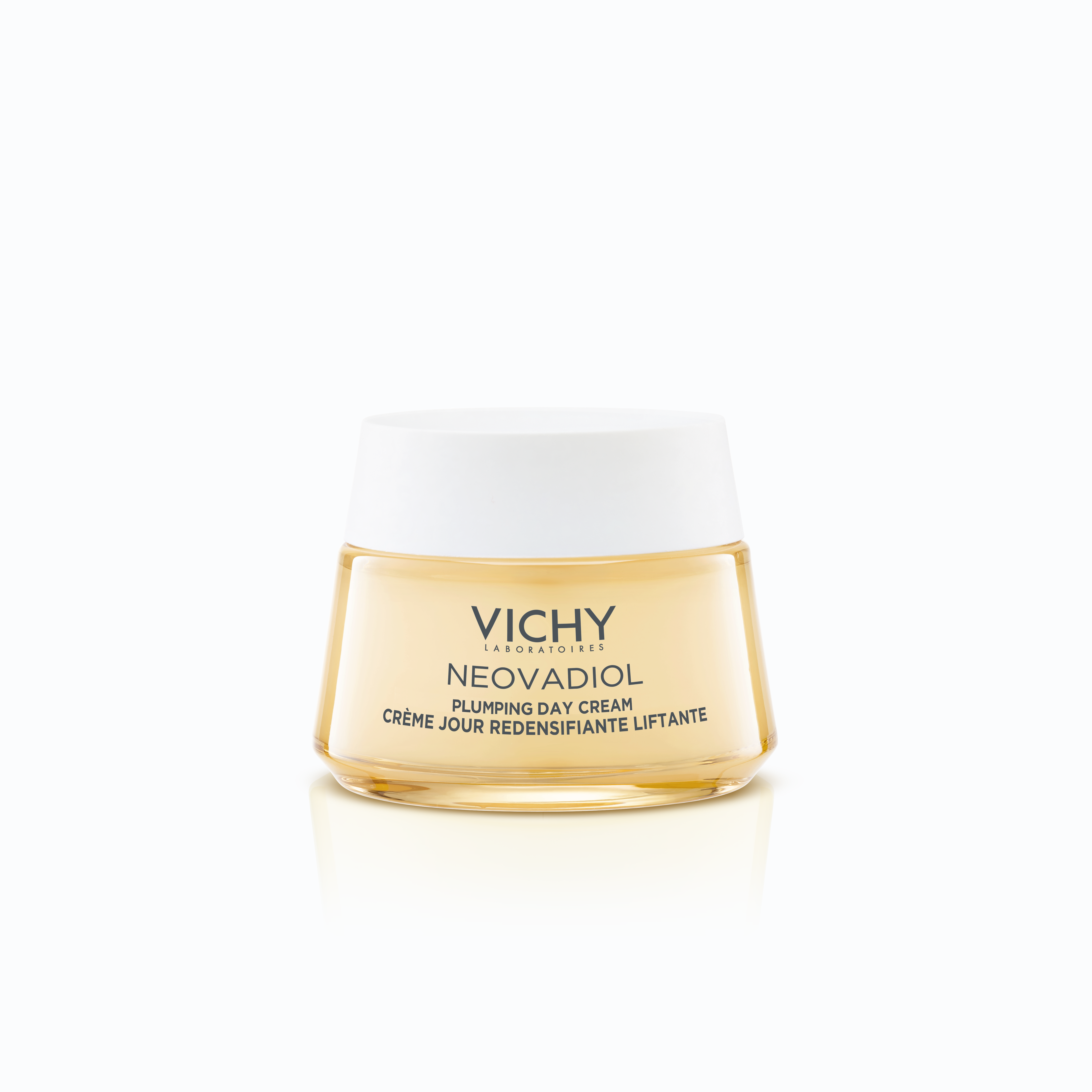
4. Fine lines and wrinkles
Thanks to the lack of collagen, you may notice an increase in wrinkles and fine lines, but “fine lines and wrinkles are a normal part of the privilege of growing older,” Dr Sommerlad reminds us. “Using products that plump and keep your skin well hydrated will help to improve the appearance of fine lines. Once again, hyaluronic acid is fantastic at drawing moisture into the skin, and locking it in. Retinoids are also great, not just for helping to manage our ageing skin, but boosting the collagen in our skin too.”
Lastly, it’s really important to remember to apply SPF. “Suncream is your best friend when it comes to reducing accelerated ageing,” she says. “Not only does it help reduce the impact the sun has on degrading our collagen (so contributing to fine lines and wrinkles), but it also prevents sun spots, and heavy freckling that we tend to associate with ageing.”
Discover Vichy Neovadiol Skincare for Perimenopause & Menopause at Boots & your local pharmacy. For symptom guidance and support speak to your GP or pharmacist.
Marie Claire Newsletter
Celebrity news, beauty, fashion advice, and fascinating features, delivered straight to your inbox!
-
 Kendall Jenner, Em Rata and Simone Ashley love this affordable Aussie fashion brand—and it's finally available in the UK
Kendall Jenner, Em Rata and Simone Ashley love this affordable Aussie fashion brand—and it's finally available in the UKChic styles from down under
By Jazzria Harris
-
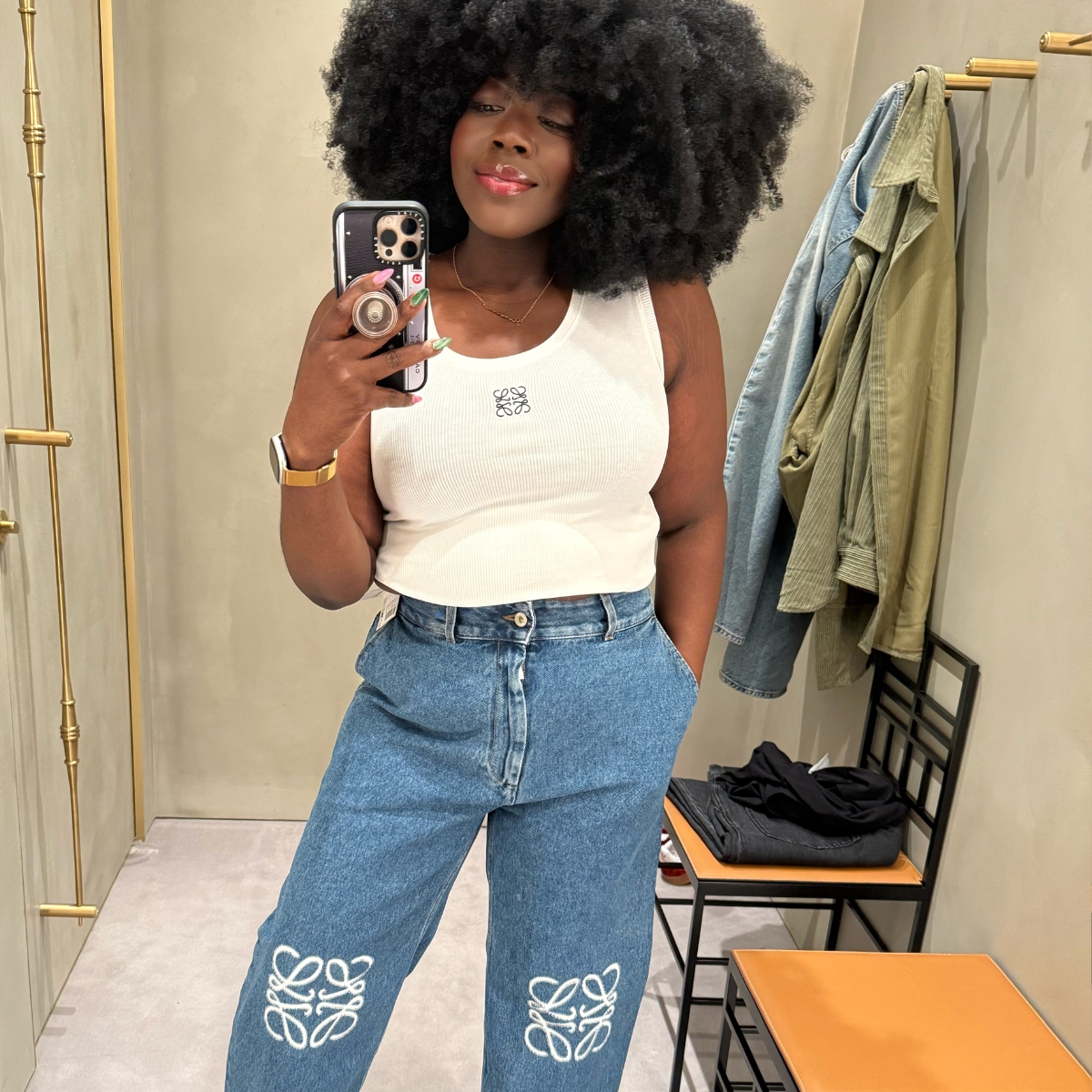 I’m a size 18 Fashion Editor—these are the most flattering plus-size jeans I’ve tried
I’m a size 18 Fashion Editor—these are the most flattering plus-size jeans I’ve triedCurve denim that's worth every penny
By Stephanie Yeboah
-
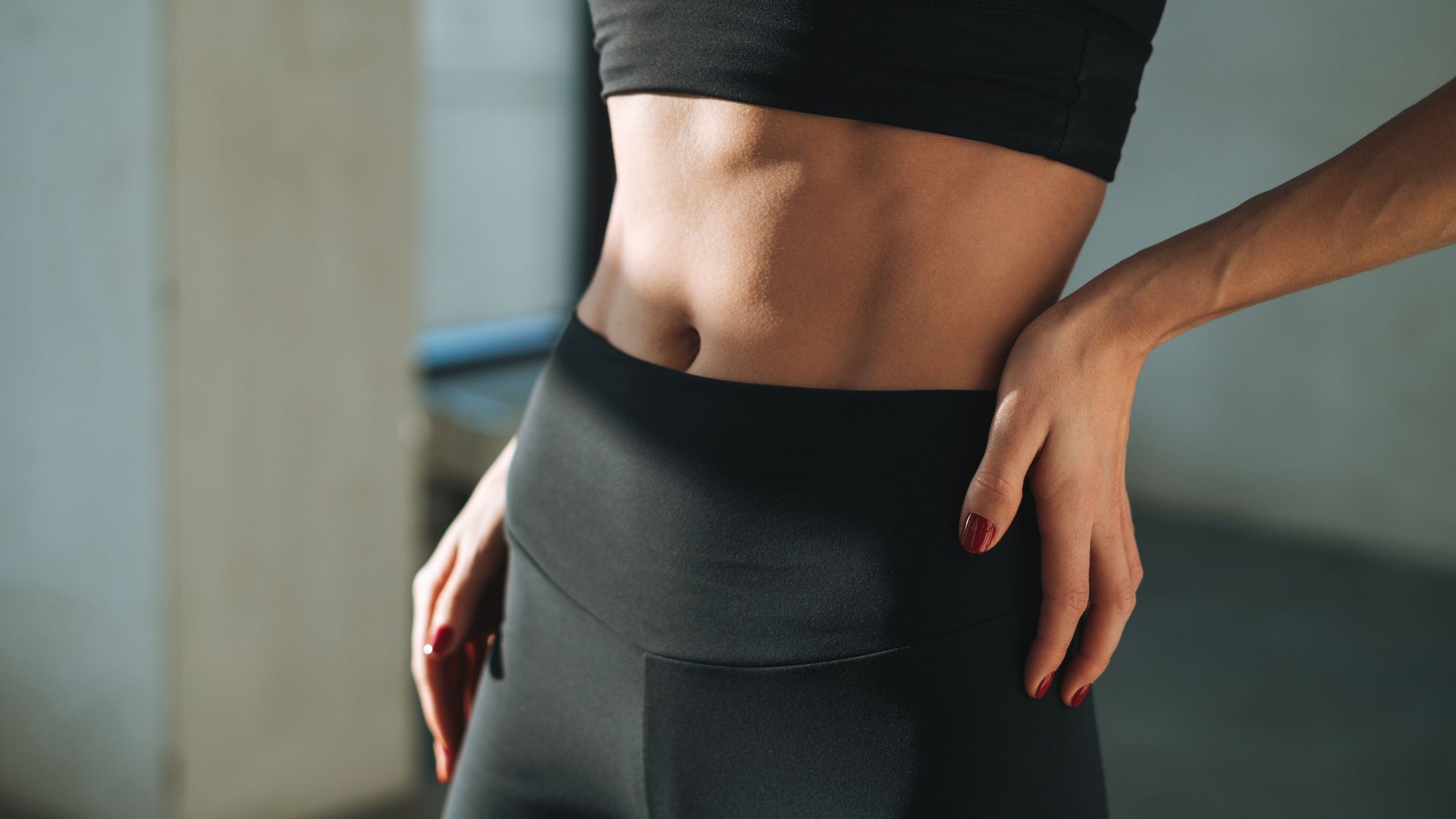 Modern Pilates is one of the most fun yet effective ways to strengthen and lengthen your body - 6 exercises to try
Modern Pilates is one of the most fun yet effective ways to strengthen and lengthen your body - 6 exercises to tryKeen to strengthen your entire body? This one's for you.
By Anna Bartter
